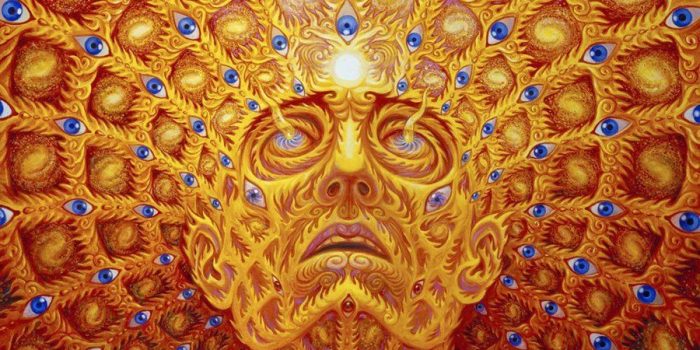Are we all multiple personalities of universal consciousness?
Bernardo Kastrup proposes a new ontology he calls “analytic idealism”. He solves problems with this philosophy by adding a new suggestion: The universal mind has dissociative identity disorder.
Dissociative disorders are mental disorders that involve experiencing a disconnection and lack of continuity between thoughts, memories, surroundings, actions and identity. People with dissociative disorders escape reality in ways that are involuntary and unhealthy and cause problems with functioning in everyday life.
Dissociative disorders usually develop as a reaction to trauma and help keep difficult memories at bay. Symptoms — ranging from amnesia to alternate identities — depend in part on the type of dissociative disorder you have. Times of stress can temporarily worsen symptoms, making them more obvious. here are three major dissociative disorders defined in the Diagnostic and Statistical Manual of Mental Disorders (DSM-5), published by the American Psychiatric Association:
- Dissociative Amnesia: This disorder is characterized by memory loss that is more severe than normal forgetfulness and cannot be explained by a medical condition. People with dissociative amnesia may be unable to remember important personal information or events, especially those that occurred during a traumatic time. Sometimes, dissociative amnesia may involve “dissociative fugue,” which is a period of confused wandering or travel away from one’s usual life. Dissociative amnesia can last anywhere from minutes to months or even years.
- Dissociative Identity Disorder: This disorder used to be called “multiple personality disorder.” It is characterized by the presence of two or more distinct identities or personality states within an individual. Each identity may have its own name, personal history, and characteristics, including differences in gender, voice, mannerisms, and physical qualities like needing glasses. People with dissociative identity disorder may feel like they are possessed by other identities, and they may experience memory loss and confusion about their personal identity.
- Depersonalization-Derealization Disorder: This disorder involves a persistent or recurring feeling of detachment or disconnection from oneself or one’s surroundings. People with this disorder may feel like they are watching themselves from a distance or like the world around them is unreal or dreamlike. They may also experience a sense of time distortion or slowed-down perception. Symptoms of depersonalization-derealization disorder can be distressing and may last for only a few moments or come and go over many years.
It’s important to note that dissociative disorders are serious mental health conditions that require professional evaluation and treatment. If you or someone you know is experiencing symptoms of a dissociative disorder, it’s important to seek help from a mental health professional.

